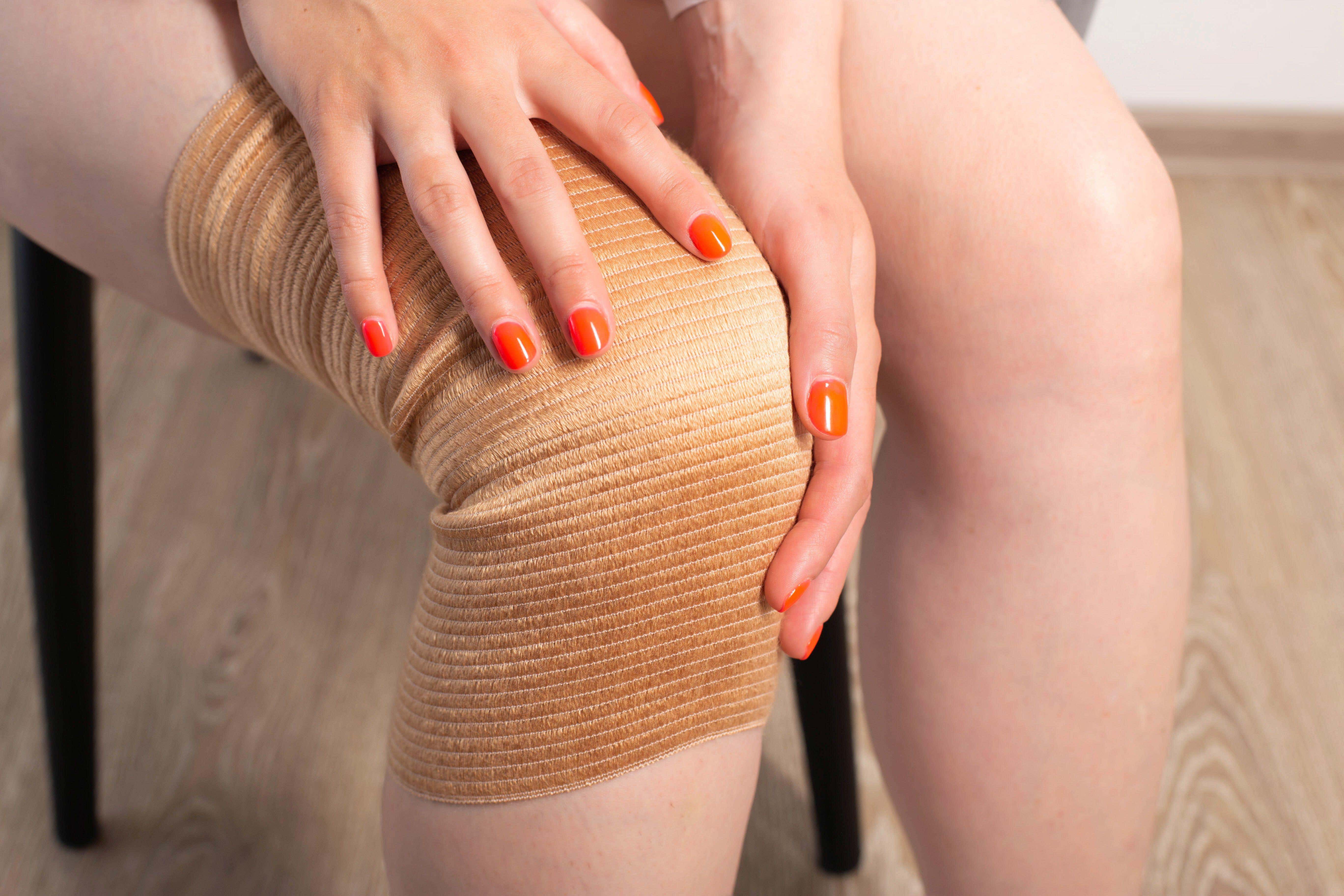Joint pain ‘affecting women more than men’
The report by Nuffield Health was released to mark the start of Pain Awareness Month.

Your support helps us to tell the story
From reproductive rights to climate change to Big Tech, The Independent is on the ground when the story is developing. Whether it's investigating the financials of Elon Musk's pro-Trump PAC or producing our latest documentary, 'The A Word', which shines a light on the American women fighting for reproductive rights, we know how important it is to parse out the facts from the messaging.
At such a critical moment in US history, we need reporters on the ground. Your donation allows us to keep sending journalists to speak to both sides of the story.
The Independent is trusted by Americans across the entire political spectrum. And unlike many other quality news outlets, we choose not to lock Americans out of our reporting and analysis with paywalls. We believe quality journalism should be available to everyone, paid for by those who can afford it.
Your support makes all the difference.Joint pain can have a “significantly higher” impact on women both psychically and emotionally when compared with men, according to a new report.
Nuffield Health surveyed 8,000 people over the age of 16 as part of its Healthier Nation Index.
Almost half (47%) of women who reported joint pain said it impacted their sleep, while 44% said it affected their emotional wellbeing.
This is compared with 37% of men whose sleep was disturbed and 34% who said joint pain was impacting them emotionally.
Overall, Nuffield Health found women were more likely to suffer joint pain, with 80% reporting past or current pain compared with 77% of men.
Joint pain has been ignored for far too long, and our data shows the shocking extent to which it is impacting the nation
Half of all people who responded to the index with joint pain said their physical health had got worse in the last year, with 40% reporting a decline in mental health.
It also found sleep in particular is impacted, with 56% of those suffering saying sleep had got worse in the last year compared with 37% of people who said they had never suffered joint pain.
Marc Holl, head of primary care at Nuffield Health, said: “Joint pain has been ignored for far too long, and our data shows the shocking extent to which it is impacting the nation.
“It affects everything: working, sleeping, walking, exercising and even resting. When we look at the worrying numbers of people, and particularly women, such things are only going to get worse.”
A report by Versus Arthritis – The State of Musculoskeletal Health 2023 – estimates that more than 10 million people are currently living with osteoarthritis in the UK, while more than 20 million have a musculoskeletal (MSK) condition, which can affect the bones, joints, muscles and spine.
The organisation estimates that 11.6 million people with MSK conditions are women, compared with 8.7 million men.
It also said people from a deprived background are more likely to report arthritis or a long-term MSK condition.
MSK conditions are included in the Government’s Major Conditions Strategy, which will aim to tackle health inequality and improve the outcomes of bad health over the next five years.
The framework will also focus on cancers, mental ill health, dementia, chronic respiratory disease and cardiovascular disease – including stroke and diabetes.
Nuffield Health released its report to mark start of Pain Awareness Month.